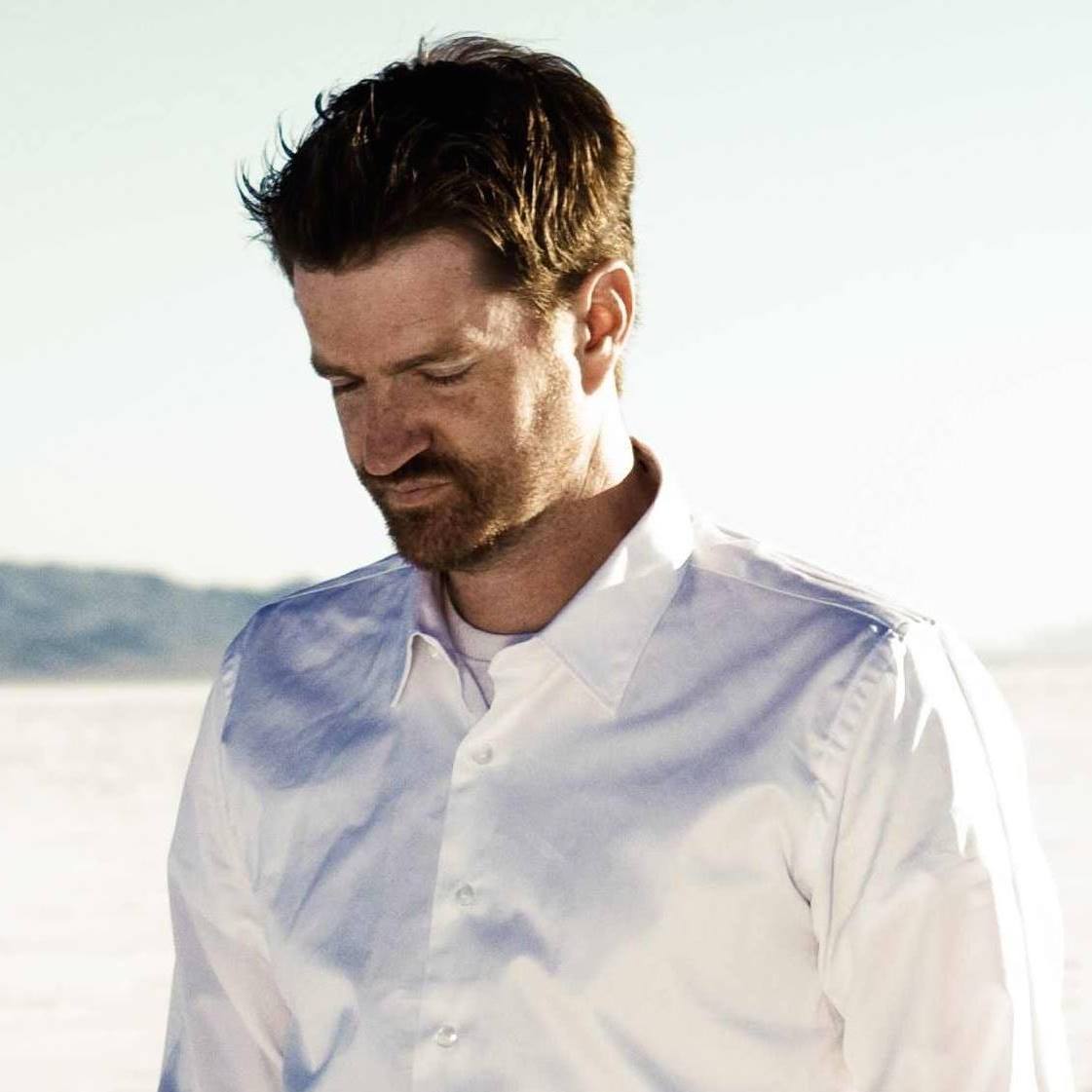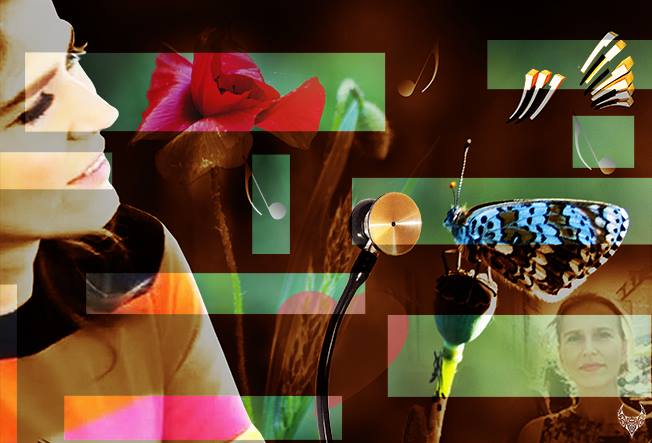About
Ryan Stewart’s passion is music. He has come a long way from the child who was expected to practice the piano before playing with friends, or the teenager who spent his lunch hour playing the piano on the stage at his local high school. Stewart has now fulfilled a fourth album release “Memories – Best of Solo Piano”, a celebration of 15 original solo piano works from his first three albums.
Raised in Salt Lake City, Stewart says his mother is his inspiration. A classically trained pianist herself, she wanted to share her love of music with her children. Sadly, she passed away from breast cancer when he was just 13. Stewart says this was a poignant moment in his life and he realized the gift she had given to him. He said, “As a teenager I missed her and I would sit at the piano and play and think about her.” His father encouraged him to continue to pursuing his talent.
After graduating from high school, Stewart was awarded a full-ride scholarship in music to the University of Utah. He perfected his piano skills as he studied, played and taught piano lessons. He especially enjoyed teaching students with an affinity for composition and song writing. Although Stewart eventually left the music department and pursued a career in computers, he never lost his desire to compose and play the instrument he loves. Today, he does music full time and his passion has become something his wife, Cindy, and their three children cherish when spending time together..
Ryan’s greatest ambition is to combine his love of music, computers, and traveling to create compositions for fans around the world. He has a gift for orchestrating just about anything, beginning with a concerto he wrote at the age of 17. He has composed and arranged music for film documentaries, Cellist Stephen S. Nelson (ThePianoGuys), Paul Cardall, Facebook, several dance studios, and several others

